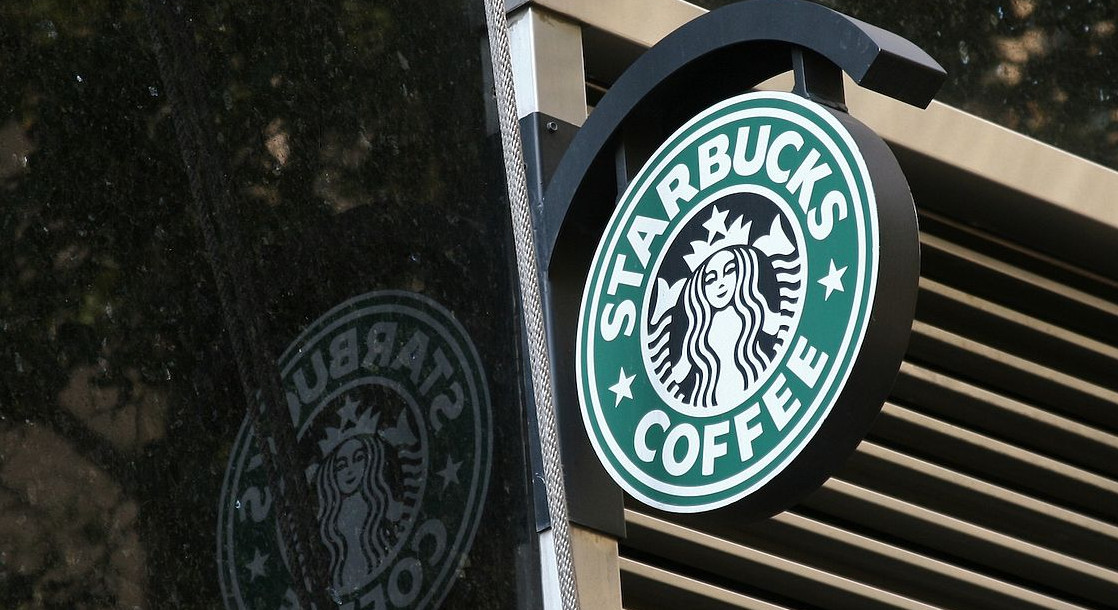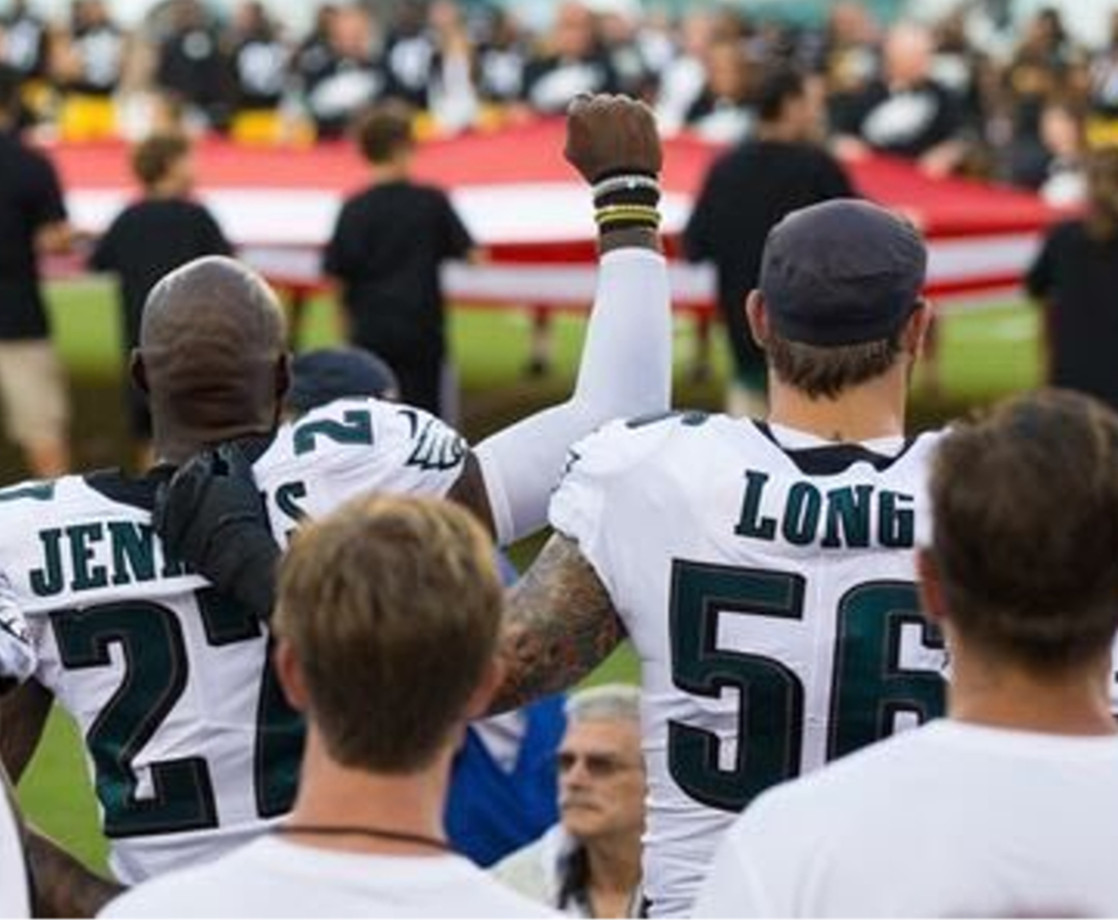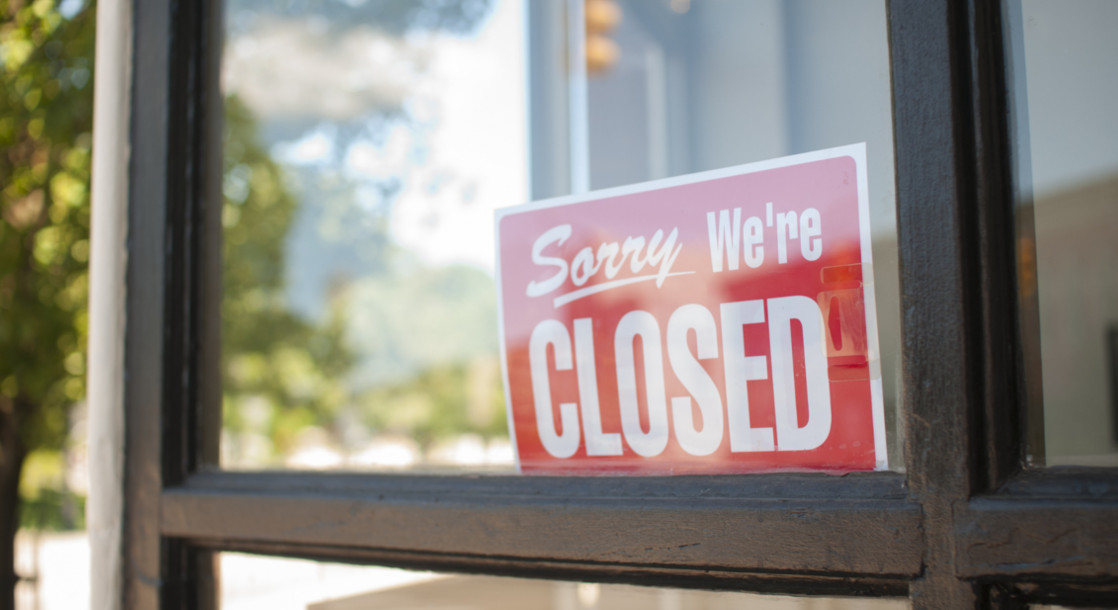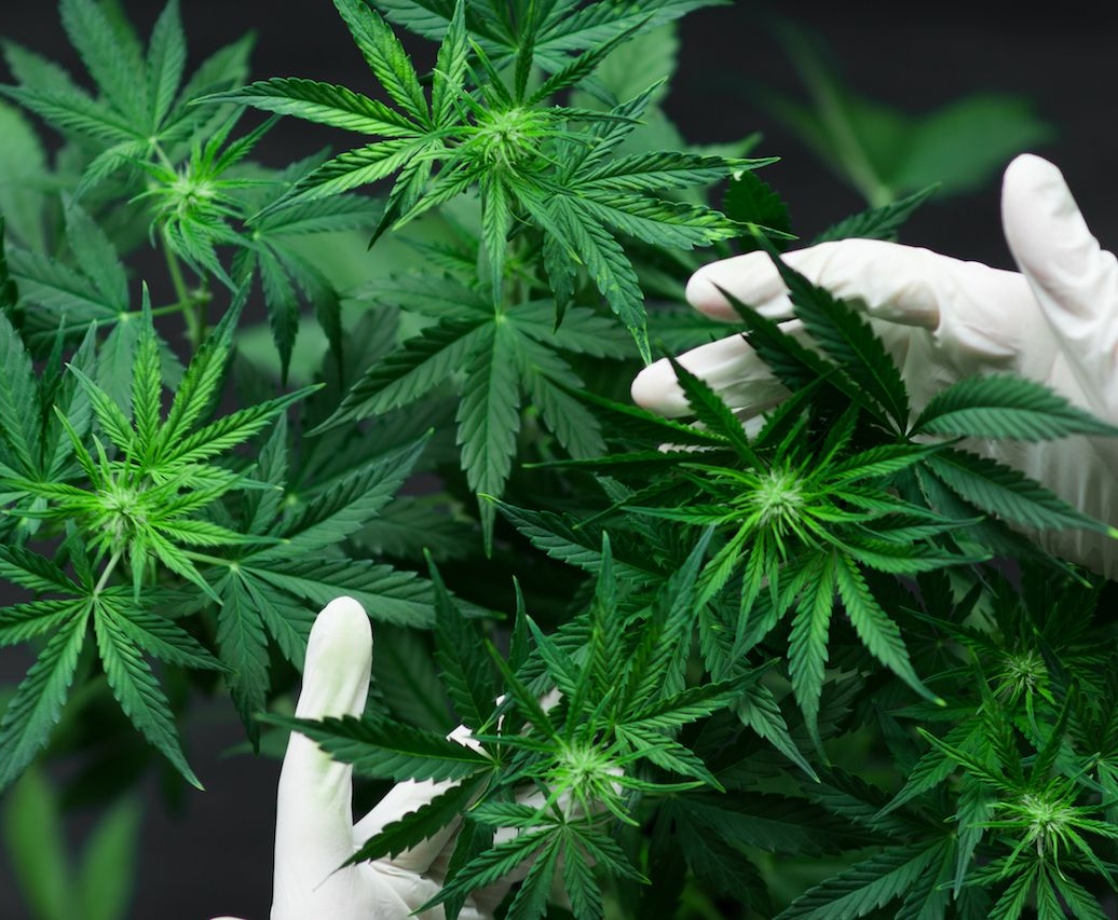Photo via Inexplicable
Starbucks, America’s largest coffee shop chain, will close over 8,000 locations for one day next month to give mandatory racial bias training to all its retail employees. The diversity education will represent the java conglomerate’s most high-profile act of image restoration after a racial profiling incident in Philadelphia spurred national outrage and protest last week.
The outcry began last Thursday, when a bystander in a downtown Philly Starbucks recorded two black men being placed in handcuffs and escorted out of the cafe by six uniformed police officers. In initial reports later corroborated by 911 audio released by the Philadelphia Police Department, the men were arrested for sitting in the store without purchasing anything, prompted by a call to police from the shop’s on-duty manager, despite repeated insistence by the two men that they were in the cafe waiting for another person.
@Starbucks The police were called because these men hadn’t ordered anything. They were waiting for a friend to show up, who did as they were taken out in handcuffs for doing nothing. All the other white ppl are wondering why it’s never happened to us when we do the same thing. pic.twitter.com/0U4Pzs55Ci
— Melissa DePino (@missydepino) April 12, 2018
In the video, which has amassed millions of views since being posted to social media, a white man, later identified as local real estate investor Andrew Yaffe, can be seen confronting police officers, clearly telling them that the two handcuffed men were there to meet him. Still, the officers went through with the arrest, holding the men for at least six hours before releasing them without any charges.
Since the viral arrest, daily protests have erupted inside and outside of the Starbucks location, while the Seattle-based coffee giant’s corporate office has gone into full-scale damage control mode.
In the wake of the incident, Starbucks CEO Howard Schultz flew to Philadelphia to meet with the two men who had been profiled by the on-duty manager and local police, offering an apology and promise to reconcile any racial biases from Starbucks and its employees.
This week, Schultz has gone on a press tour, appearing on CBS This Morning to say that was both “ashamed” and “embarrassed” by the Philadelphia arrests.
“I think what occurred was reprehensible at every single level," Schultz told CBS anchor Gayle King. "I think I take it very personally, as everyone in our company does, and we're committed to making it right."
Adding to his own personal shame, Schultz framed the company’s newly announced May 29th racial sensitivity training as a concession that will cost the multinational corporation millions of dollars in lost sales.
"The announcement we made yesterday about closing our stores, 8,000 stores closed, to do significant training with our people is just the beginning of what we will do to transform the way we do business and educate our people on unconscious bias," Schultz said. "It will cost millions of dollars, but I've always viewed this and things like this as not an expense, but an investment in our people and our company. We're better than this."
But no matter how many millions the billion-dollar java joint stands to lose with one day of training, a number of racial justice activists and advocacy groups are not yet ready to sweep the incident under the rug.
In an interview with the Chicago Tribune, Phillip Jackson, the chairman and founder of Chicago nonprofit the Black Star Project, told reporters that the racial bias training would be “too little, too late,” and that the Black Star Project would still support a Starbucks boycott.
The manager responsible for calling the police on the two African-American men has since stepped down from her job and is no longer employed by Starbucks.











